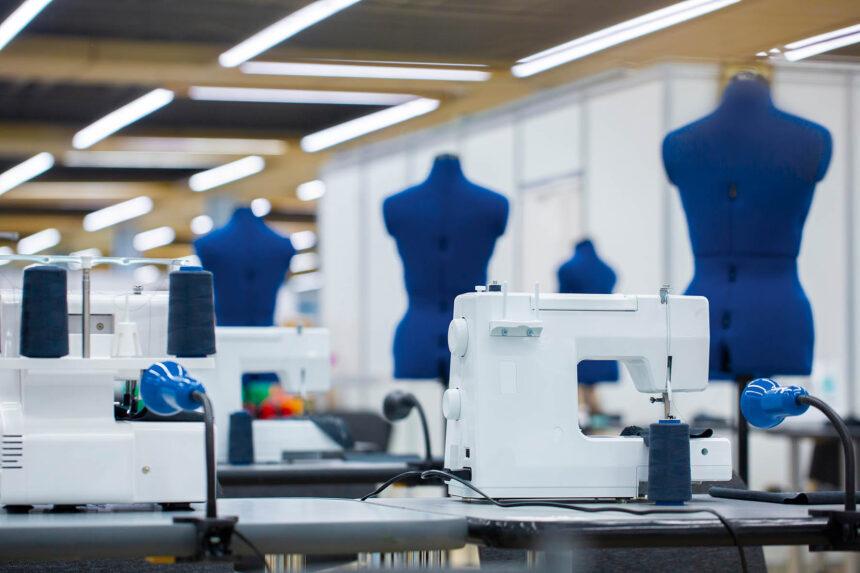ISO Turkey Manufacturing PMI declined to 44.3 in September, indicating a contraction for 6 months in a row. On the other hand, the slowdown was the most pronounced since May 2020.
The headline PMI, which was 47.8 in August, declined to 44.3 in September. This slowdown was the most pronounced in the last 54 months, and the deterioration in operating conditions reached the sixth month. Due to the weak course of new orders, production also slowed down on a monthly basis for the sixth consecutive month. The contraction in production was also the highest since May 2020. The weakness in the lira and the rise in raw material prices led to a further increase in input costs in September.
According to the Istanbul Chamber of Industry Turkey Sectoral PMI report, new orders slowed for the third consecutive month in September in all ten sectors. The most notable deceleration was seen in clothing and leather goods, while the slightest slowdown was recorded in food products. Input costs increased significantly in all ten sectors. The largest increase was recorded in chemicals, plastics and rubber products, while the weakest increase was recorded in basic metals. For the first time in nearly six years, employment declined in all ten monitored sectors. The most significant decline in employment was recorded in textiles.
In September, survey respondents’ feedback on demand weakness was noteworthy. This weakness led to the sharpest decline in new orders in nearly four and a half years. The renewed slowdown in new export orders also signaled a stagnation in foreign demand. Production also slowed on a monthly basis for the sixth consecutive month due to the weak course of new orders.
Inventories continued to decline
Weak demand and lower production requirements led manufacturers to slow down their hiring and purchasing activities in September. Some firms reported that full-time employees quit their jobs in September. Thus, the most significant contraction in employment volume was observed since April 2020. Both input and final product inventories continued to decline. Weak demand for inputs eased pressure on supply chains, leading to the first shortening in delivery times in 9 months. The weak lira and higher raw material prices pushed input costs higher in September. Although inflation fell to a three-month low, it remained at significant levels. Accordingly, the rate of increase in final product prices remained quite close to that of August.










